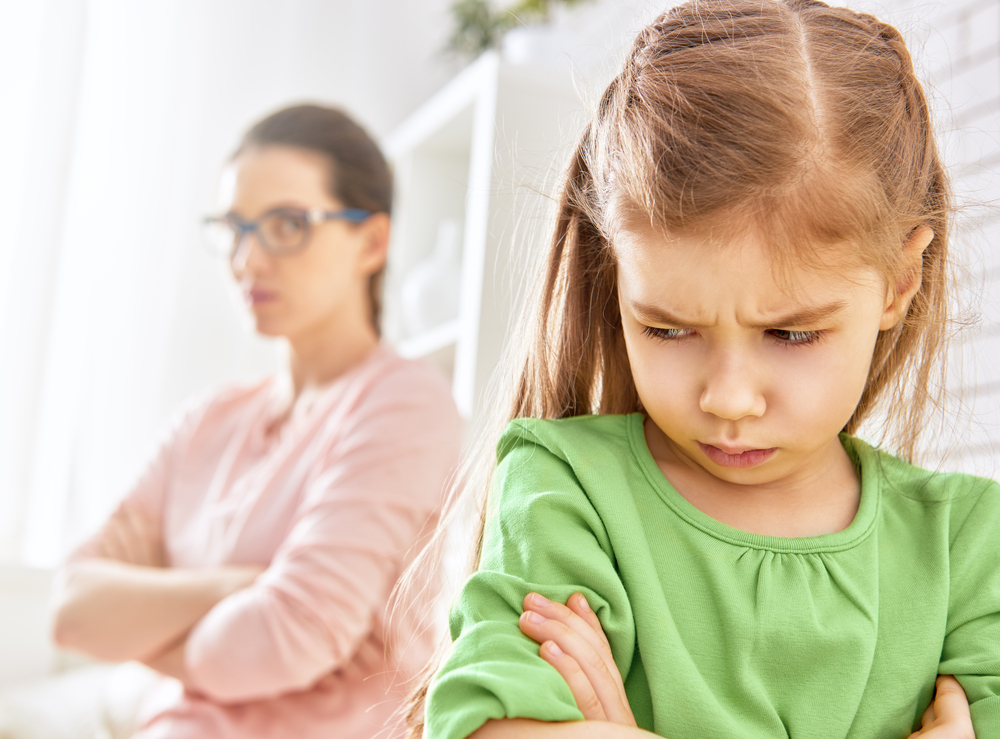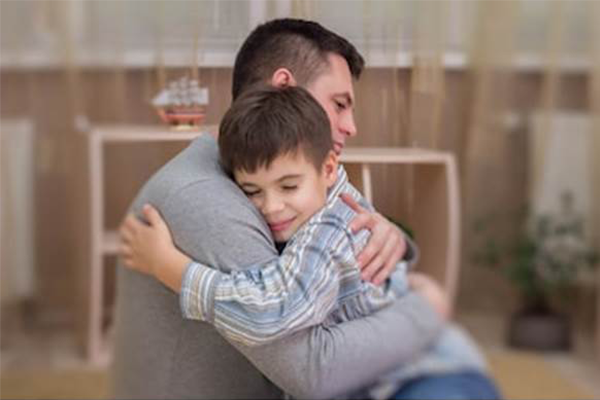Help! My Child Has Turned Into a Little Monster!
From Dr. Carrie Skarda

If your primary-age child or grandchild is sweetly behaving well with all these disruptions and stressors, no need to read further.
If your child has turned into a little monster…. Read on!
When kids are stressed or sad their behavior can be grumpy and irritable. They’re not trying to annoy you – they’re trying to manage big feelings with limited resources. This is normal!
Here are three things you can do to help them:
Name it
Name the cause of the thing-right-now that’s putting them over the top, name the feeling, and name the not-okay vs. okay behavior.
Example: “You hate this worksheet, you’re super frustrated. It’s okay to feel frustrated, but it’s not okay to tear up the paper. When you’re frustrated you can take a break and get a drink of water to calm your body down or do some jumping jacks to burn off the mad feeling.”
You can also model this for them out loud with your own experiences “I’m so irritated that the internet isn’t working right now – I feel like crying and giving up. But I’m going to step away for a second and walk around the room to calm down then I’ll try again.”
Why this helps: Kids are still learning what’s going on in their bodies & minds, and don’t automatically know how to recognize and manage their own emotions. Putting words on what’s happening helps them understand what’s going on emotionally and better recognize their options in how to cope.
Tell them the “Story of Their Day”
At the end of the day tell them highlights from the story of their day, from waking up to bedtime, in a gentle matter of fact way, including some of the emotional aspects of the day.
Example: “This morning you had Fruit Loops for breakfast, which is your favorite so that made you happy. You like it when the milk turns pink, huh? Then you couldn’t find your batman shirt when you were getting dressed and that was frustrating and you yelled. Then we started school and you liked the math but you thought the reading was boring, is that right? Then after school we went for a walk and you found a cool big stick. We had dinner and you ate all your green beans but none of your apple slices, which surprised dad, didn’t it? Then we watched a movie and you got into your pjs, and now we’re doing stories before bed! Did I miss anything?”
Why this helps: This really helps children develop what geeky therapists call “a cohesive narrative.” It means the child’s brain is integrating all the emotions and challenges of the day into a contained story that makes sense for them, and it decreases behavioral problems and reduces stress. This is especially useful for children who are feeling stressed, traumatized, or overwhelmed.
Bring out the BIG GUNS
Not really guns but, I mean, if it’s really really bad and you need to go ALL OUT to get things back under control, this is the one to do: Play with them one-on-one for 15 minutes every day for a week.
Let them direct the play – but no screens (for them OR FOR YOU) during the play. Don’t threaten to take this special play time away for misbehavior – the play time is just a given. This is also NOT the time to try and “teach the child a lesson” or anything. Just play one on one with your full attention and presence.
Why this helps: Connection calms. And investing in your relationship with this child is like putting “money in the bank.” When you need to “make a withdrawal” (ie., you need their cooperation) you’ve got some “cash in the bank” to support the withdrawal.
Good luck parents! We can do this!

Leave a Reply